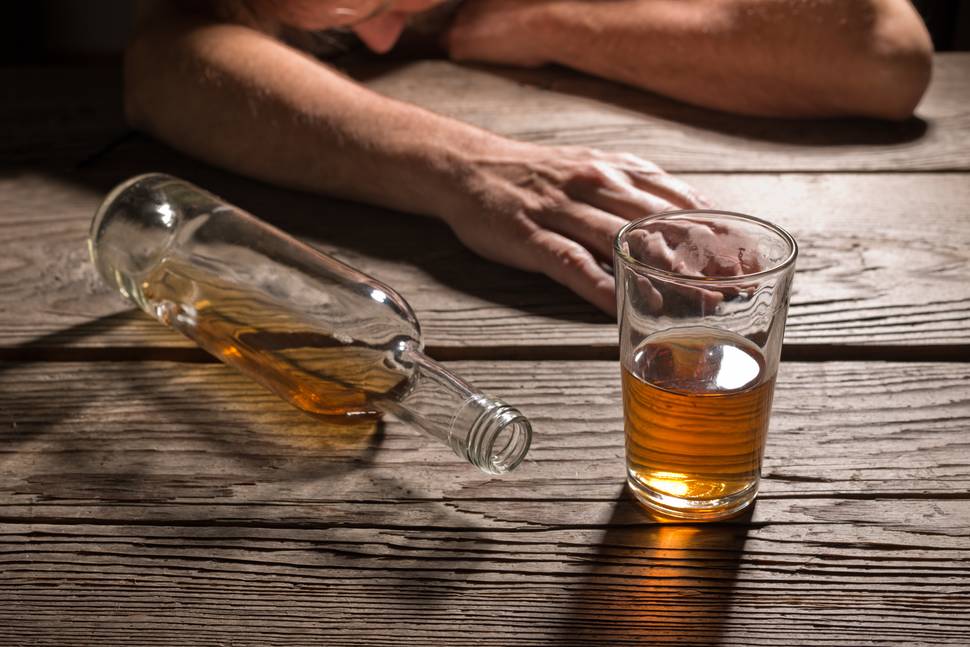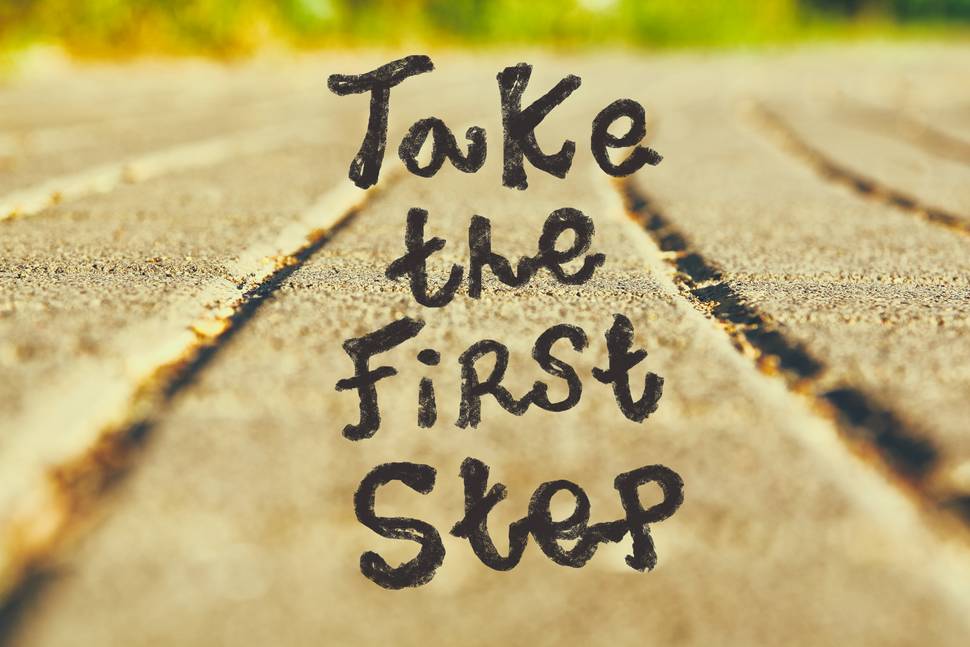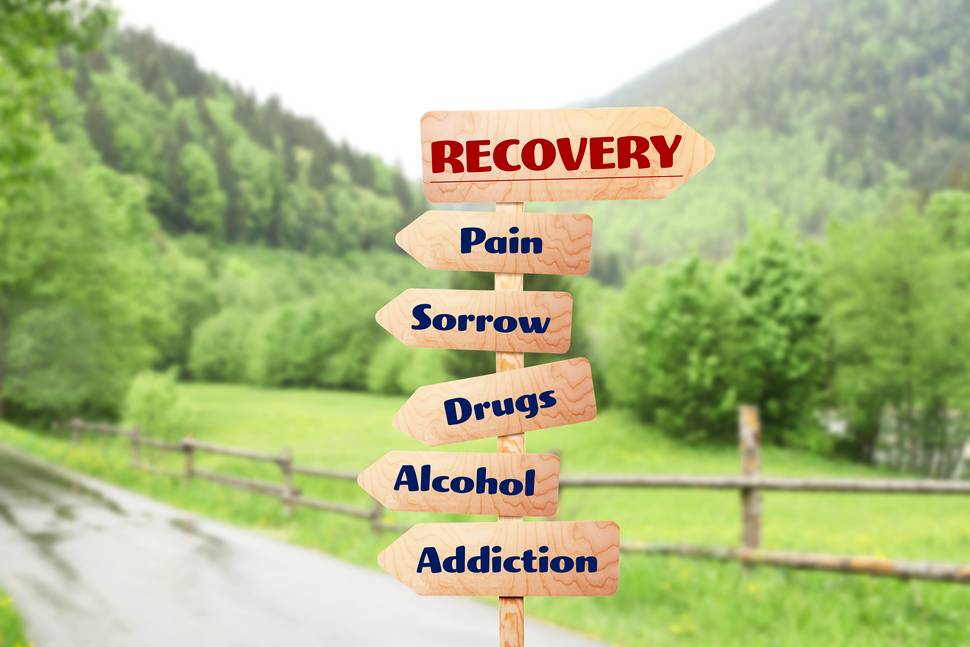Alcohol & Drug Therapy
Alcohol is the most commonly abused drug in the world. The world wide social acceptance of alcohol combined with easy access and reasonably inexpensive prices leads many to hide, deny, minimise or rationalise their problem which can cause serious risks and negative health and social implications.
Most people don’t become alcoholics overnight. Alcohol addiction is a progressive disease, meaning it gets worse over time with continued used. The first time one takes a drink it is by choice, they do so voluntarily and believe they can control their use. Over time that same person who has a disposition to becoming an addict will need more alcohol or drugs to achieve the same effect of pleasure and satisfaction as when they first started. Progressive changes begin to develop in the brain which leads to compulsive and uncontrollable substance addiction. When this happens that person can no longer voluntarily choose to not use alcohol or drugs, even if it means losing everything they once loved. Let’s also be clear that addiction does not occur because of a moral weakness or failing, lack of will-power, an unwillingness to want to stop or bad character.

The high functioning Addict. High functioning alcoholic and drug addicts are people who have a substance abuse disorder but can still manage their day to day activities. They may experience very few if any real consequences that other addicts experience such as, family break-down, DUI”s, job loss, domestic violence, jail time and homelessness. Because of this the high functioning addicts seem to do very well as their alcohol or drug use does not appear to be problematic and they are then less likely to be confronted by family, friends or work colleagues in relation to their behaviour. In many respects the high functioning addict can be more dangerous than “regular” alcoholism because it takes so long for substantial consequences to arise or for the individual to hit “rock bottom”
Not all heavy drinkers are alcoholics but may still wish to cut down their drinking.(almost an alcoholic) There are many people who are in the almost alcoholic zone who may experience alcohol related problems with their health , their relationships, social and work lives but don’t connect the dots between these problems and drinking. These people may not qualify under current definitions but may need to take a step back to look at how drinking is affecting their lives. “The only requirement for membership is a desire to stop drinking” AA, The Big Book. In this case we look at a plan to reduce drinking for the benefit of your health and other relationships if they are being affected. It’s a good way to determine whether you are an alcoholic or an abusive drinker.
The real alcoholic. AA refers to alcohol as an “allergy” due to the physical response making the “real alcoholic” alcohol intolerant. This happens when the body lacks the enzymes to breakdown alcohol properly through the liver, which results in having an abnormal reaction to alcohol whereas normal or moderate drinkers can stop at 2-3 drinks, the alcoholic more times than not finds themselves unable to stop when they want to – This is also known as the “phenomenon of craving”. “The action of alcohol on chronic alcoholics manifests in a type of allergy or ‘phenomenon of craving’, that compels the drinker to keep drinking into intoxication, blackout and eventually unconsciousness”. (Dr W. Silkworth)

These alcoholic sprees or binges can last anywhere from a few hours to days or even weeks. Even if we have periods of abstinence (Whether short or long intervals) we eventually pick up once again to release the overwhelming craving and mental obsession. Another thing to mention here is alcohol withdrawal in which symptoms can range from mild to severe. The delirium tremens (withdrawal) that one may go through after coming down off an alcoholic bender or spree. Alcohol withdrawal can consist of the itchy flees (all over skin crawling and scratching), seizures, vomiting, shaky hands, intense anxiety, cold sweats, high blood pressure, fast heart rate, hallucinations, agitation, depression and sadness, disorientation and nightmares
Alcohol & Drug Therapy – An important factor on our path to recovery is accepting that we have passed through the “thin redline” and if we are a true alcoholic, we cannot go back to moderate use; The idea that we can drink with impunity (without consequences or punishment) like others has to be smashed!
Lastly I want you to know that there is HOPE!
Being an addict whether it be alcohol or drugs, does not mean you are doomed to fail. Many people have recovered and stayed free from substance abuse to go on and have wonderful, fulfilling lives. You are not alone , I have helped many people like yourself who have struggled with alcohol or drug abuse or dependence for over two decades. I can give you the tools and support to achieve a life that is free from the bondage of addiction.
Alcohol & Drug Therapy – Services I Provide :
- A better understanding of the disease model in substance abuse.
- The pattern of your addiction.
- What stage of change you are at and how to get you to a place of ACTION with great results.
- Tools to manage relapse and triggers.
- Uncover any underlying issues associated with your addiction.
- Relapse prevention plans.
- Techniques for successful recovery and long-term sobriety.
- Regular progress reviews to determine your treatment progress.
- Putting treatment plans in placed based on individual’s needs.
- Support and encouragement throughout your journey
- Emotional regulation to cope with negative feelings
- Building confidence in Clients ability to abstain from alcohol
- Tapering down drinking
- Accomplishments and future directions
- Enhancing mindfulness, gratitude and motivation
- Plus individualised 10 week programs (Circuit-breaker)
.

